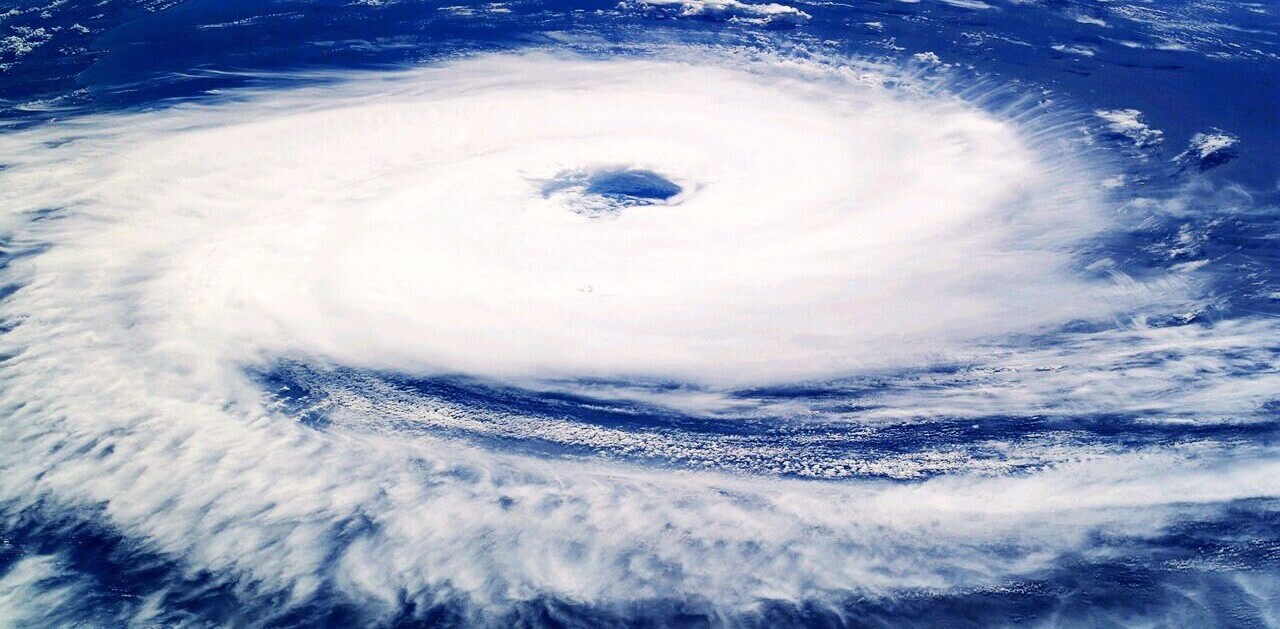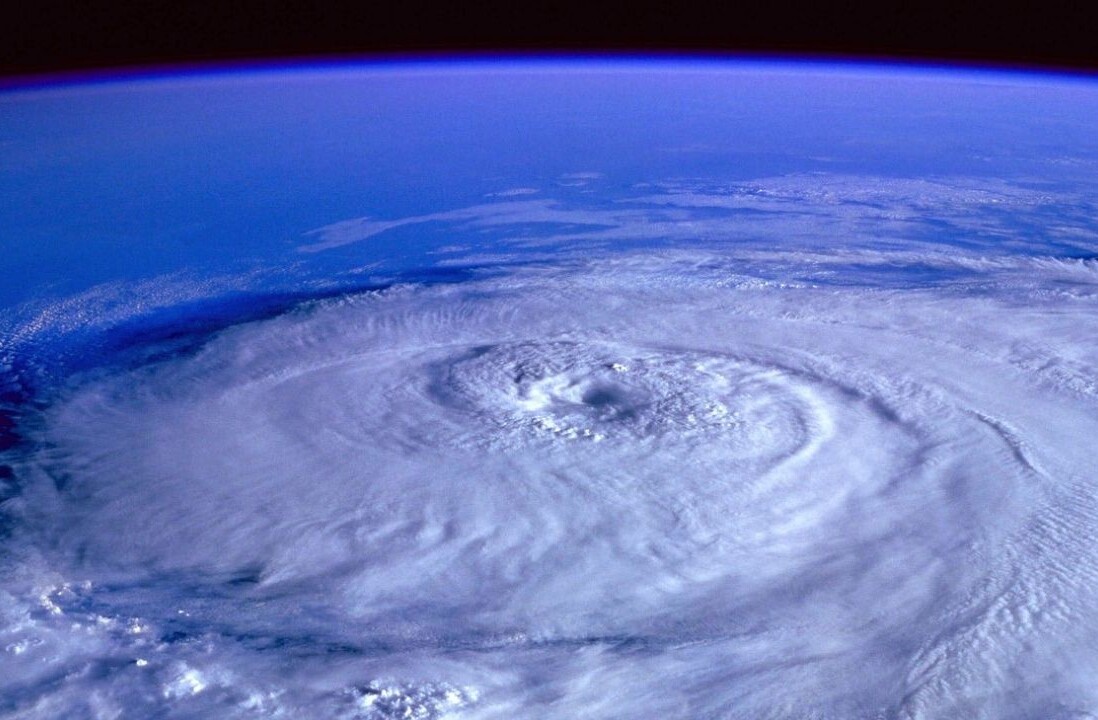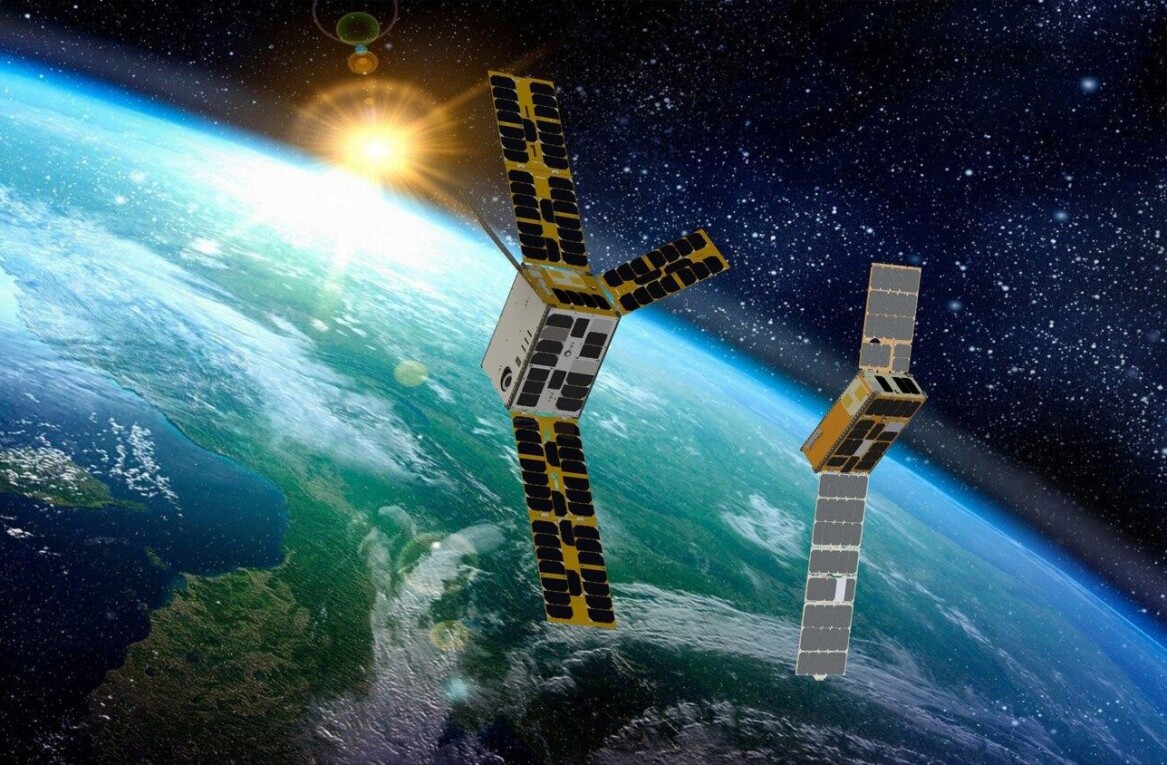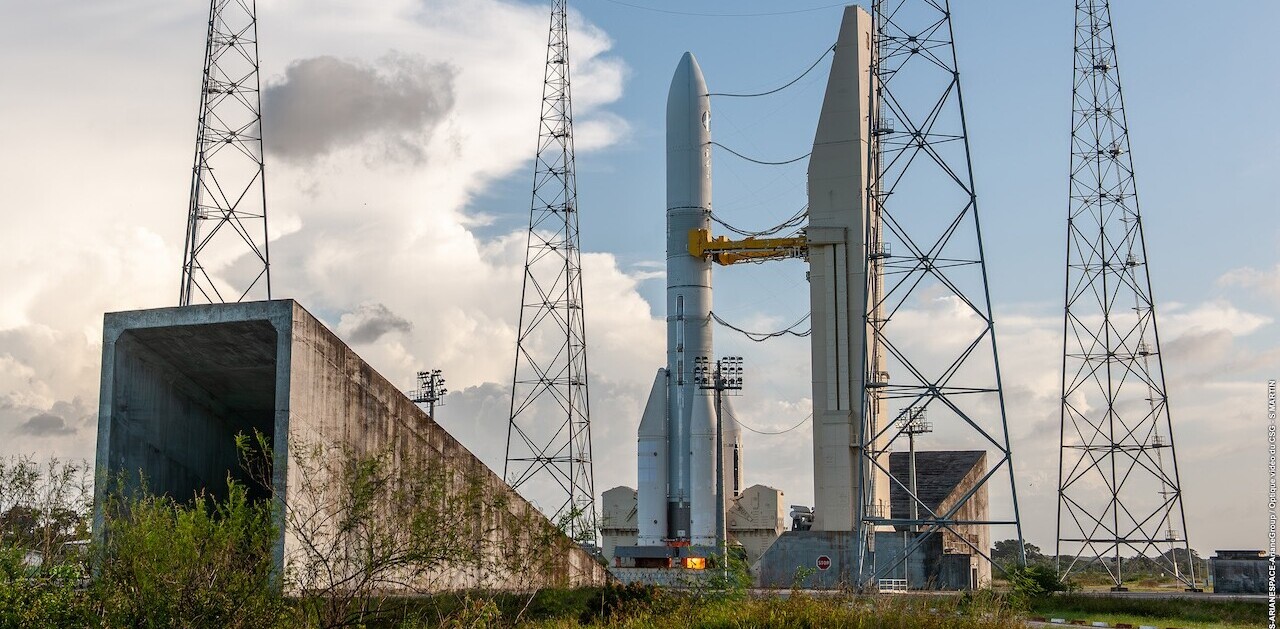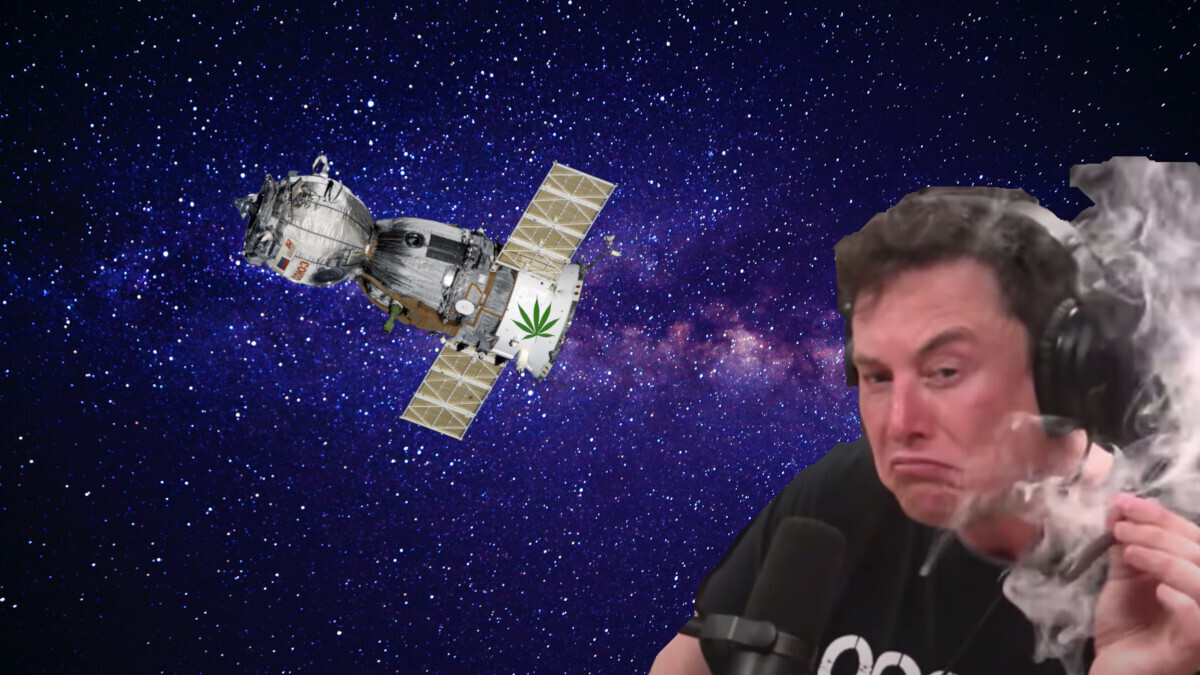
Elon Musk’s internet-from-space project Starlink sent 60 new satellites into low-orbit without problem on Wednesday, bringing the total size of its constellation to — wait for it — 420.
The SpaceX founder was quick to laud Starlink’s success with a cute tweet, complete with satellite and winky face emoji.
There are now 420 operational Starlink satellites ? ?
— Elon Musk (@elonmusk) April 22, 2020
Musk’s apparent happiness is understandable, given that the SpaceX Falcon 9 rocket carrying the satellites actually stuck the landing this time, after failing to do so on two previous missions.
The tweet also coyly references the “taking Tesla private at $420” controversy of August 2018, which led to Musk’s ousting as Tesla chairman and a $20 million fine.
Starlink is now ‘initially operational’ (supposedly)
SpaceX’s Starlink project is the embodiment of one of Musk’s many visions: A giant monetizable web of satellites that constantly beam super-fast broadband to Earth.
[Read: Watch this fake Elon Musk Zoom-bomb a meeting using real-time Deepfake AI]
While having exactly 420 satellites in orbit is fun, it really means that Starlink can begin “initial operational capability.” That takes at least 400, according to Musk, who maintained the project will be economically viable at 1,000 satellites in May last year.
One thousand satellites is really only the beginning for Starlink. Musk has audacious plans to grow his constellation to as many as 12,000 by 2027 — which is almost six times the number of all operational spacecraft orbiting Earth.
Bezos and Musk, our space-powered internet cowboys
Musk isn’t the only billionaire with eyes for space-powered broadband. Amazon’s Jeff Bezos, the world’s richest man, wants his own 3,500-strong constellation through Project Kuiper, but it’s yet to launch any of its own spacecraft as it’s still in an R&D phase.
There was also OneWeb, the Canadian startup looking to provide cheap broadband to rural communities. Partly backed by Virgin’s philanthropist caricature Richard Branson, OneWeb launched 74 of its 650 planned satellites, but folded earlier this year before it could offer a commercial product.
As Starlink inches closer to selling space broadband to you or me, one might reconsider the possibility that Musk might take SpaceX public as it opens more revenue streams, or even spin-off Starlink into its own offering.
However, Musk was recently forced to shoot those rumors down by the company’s chief operating officer, who’d hinted to a group of investors that Starlink is the “right kind of business” to IPO. Musk, who has repeatedly denied having plans to list SpaceX, said at the time: “We have to make it work,” referring to Starlink.
Well, we’re soon going to find out if it does.
Get the TNW newsletter
Get the most important tech news in your inbox each week.
